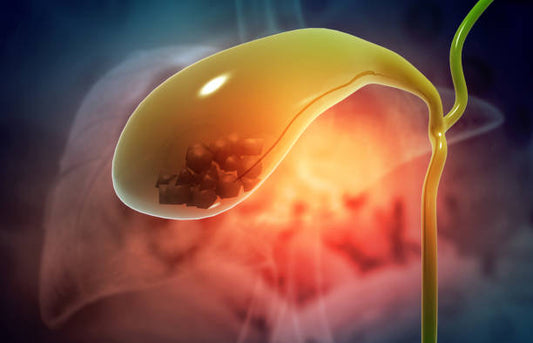Greetings, curious minds! Have you come across the intriguing term "Jawasa" or "Dhamasha" and wondered about its significance? Join us on a journey to explore this herbal gem, uncovering its identity, and discovering its versatile applications.
Unraveling Jawasa/Dhamasha:
Jawasa, also known as Dhamasha, is an herb derived from the Cleome viscosa plant—a member of the Cleomaceae family. This herbal wonder has earned its place in traditional medicine for its various therapeutic properties.
Exploring Its Uses:
-
Respiratory Aid: Jawasa's most notable application lies in respiratory health. It's often utilized in traditional remedies to alleviate coughs, colds, and respiratory congestion. Its expectorant properties help loosen phlegm and clear airways.
-
Anti-inflammatory Benefits: This herbal remedy is celebrated for its anti-inflammatory attributes. It's used topically to soothe skin conditions, such as insect bites, rashes, or minor skin irritations.
-
Antimicrobial Potential: Jawasa exhibits antimicrobial properties, making it a potential ally against certain infections. It's employed in some cultures to address minor bacterial or fungal skin issues.
-
Digestive Support: In traditional medicine, Jawasa is believed to aid digestion. It's occasionally used to alleviate mild digestive discomfort or as a natural remedy for gastric issues.
Cultural Significance:
In various cultures, Jawasa holds a place of reverence due to its historical use as a herbal remedy passed down through generations. Its role in folk medicine speaks to its perceived efficacy and value.
Conclusion:
Jawasa or Dhamasha might seem like an obscure term, but it represents an herbal treasure trove of potential health benefits. Its historical significance and diverse applications in traditional medicine make it a subject of interest for those seeking natural remedies.
Author: Nikita Vishnoi BCA












